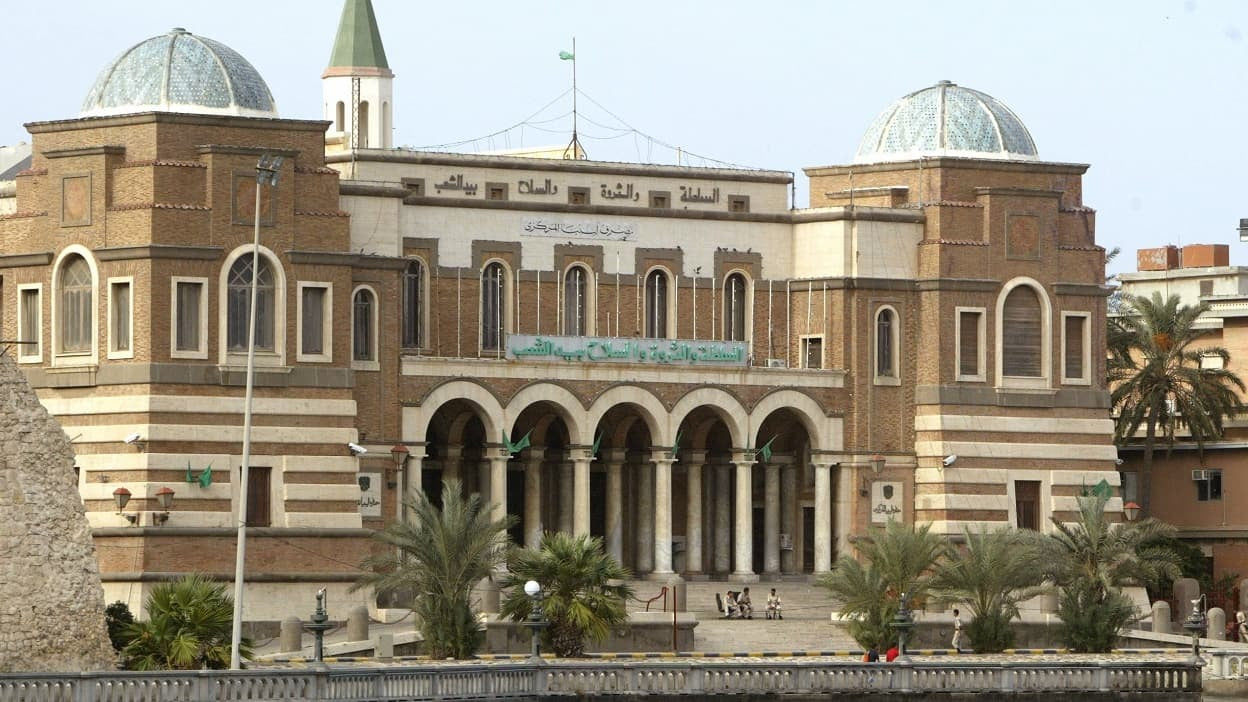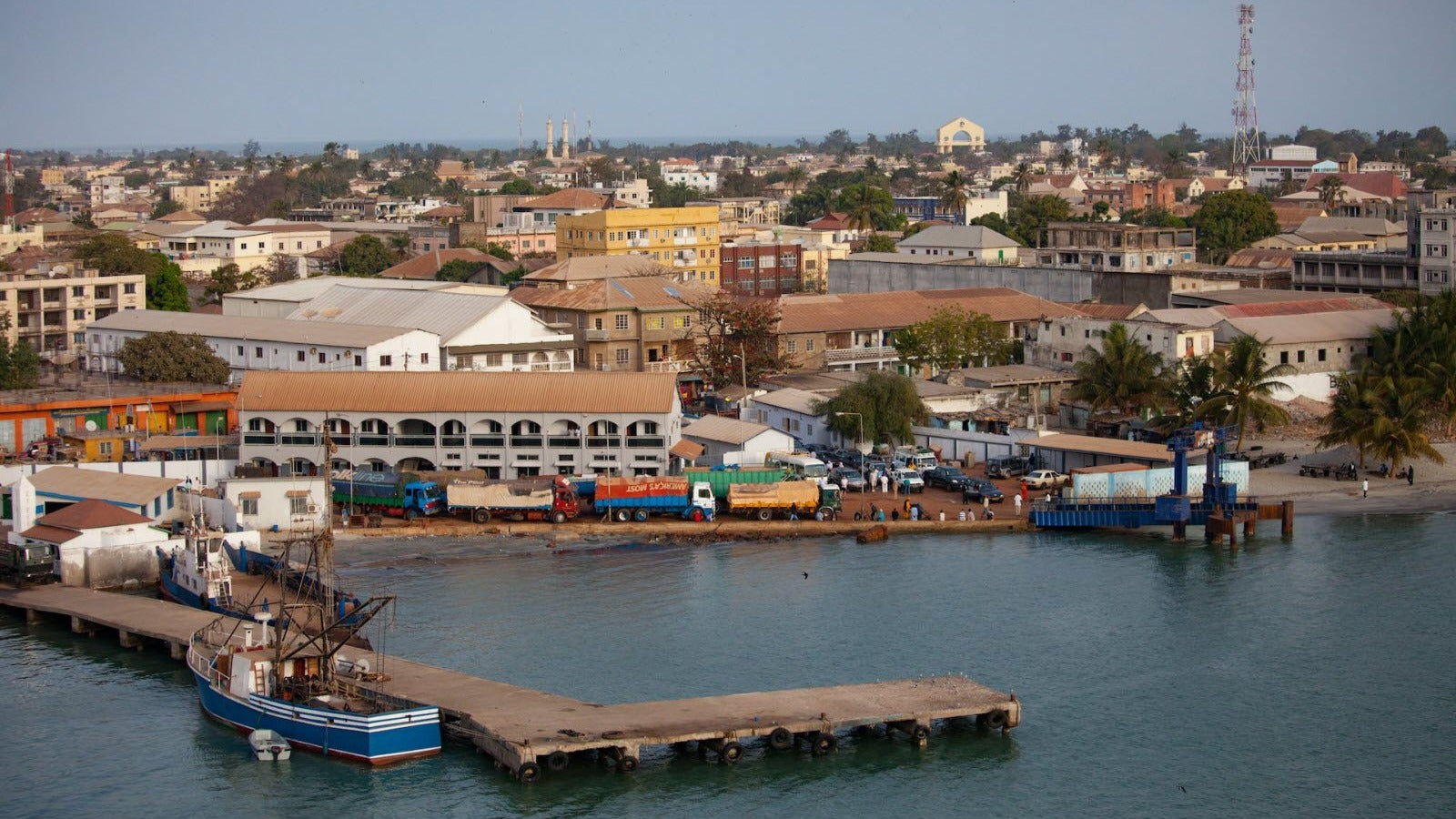
Libya: a new governor for the Central Bank, a risky bet?
Libya, plunged into political chaos for a decade, finally has a new governor at the head of its central bank. This is not just an administrative matter: in a country where institutions are fractured, this appointment represents a colossal challenge for economic stability. Farhat Bengdara , the man chosen for this post, will have to play a balancing act between rival factions, while trying to straighten out an economy undermined by corruption, conflict and galloping inflation.
A highly strategic position
Since the fall of Muammar Gaddafi in 2011, Libya has been divided between two main authorities, one based in Tripoli, the other in Benghazi. The Central Bank has not escaped these divisions. The new governor arrives in a context where every move is scrutinized, and where the different clans want to ensure they keep control of the country's financial flows. However, in a Libya where money is synonymous with power, being governor of the Central Bank means finding yourself at the heart of tensions.
Libya’s financial institutions, including the Central Bank, have long been levers used by various groups to finance their activities , maintain their influence and, at times, block access to resources for their rivals. The takeover of these institutions is therefore not insignificant. Bengdara, who had already held this post under Gaddafi, will have to manage not only economic reforms, but also navigate a volatile political landscape.
The challenges that await him
Economic reconciliation between the different parts of the country is the priority task. This requires a reunification of public finances, which are currently fragmented between several administrations. But Bengdara will also have to tackle the issue of Libyan funds frozen abroad, a windfall that could be crucial for the country's recovery.
Inflation, corruption and volatile oil prices are also pressing issues. In a country where oil accounts for more than 90 percent of revenue, the central bank's management of the oil windfall is at the center of debate. Bengdara will be closely scrutinized not only by Libyan stakeholders, but also by the international community.
Hope for economic recovery?
Could the appointment of a governor be the first step towards a lasting stabilisation of Libya? Nothing is less certain. If the Central Bank can regain its stabilising role, it will be a key player in reconstruction. But for that to happen, the various clans must agree to cooperate, which is far from guaranteed.



Leave a comment
This site is protected by hCaptcha and the hCaptcha Privacy Policy and Terms of Service apply.